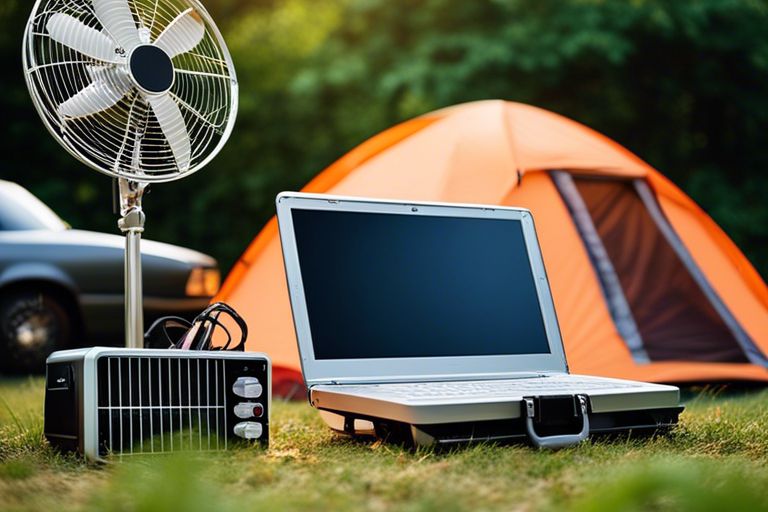What can I plug into a 2000 watt inverter? Curious about the capabilities of your 2000 watt inverter? Understanding what devices you can power with this specific wattage can save you time and prevent electrical mishaps. From household appliances to power tools, knowing the power requirements of each item before plugging it into the inverter…
Category: Inverter Generators
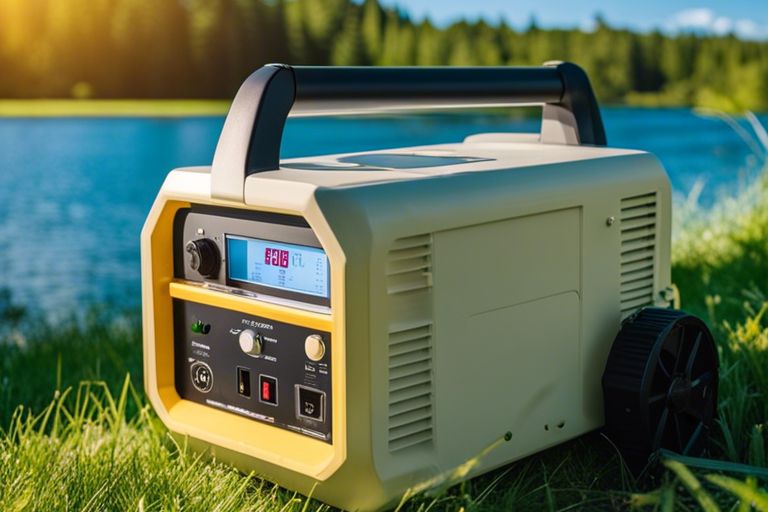
How long can you run a 2000 watt inverter generator?
How long can you run a 2000 watt inverter generator? Delve into the world of portable power with a 2000 watt inverter generator and unlock possibilities for your outdoor adventures or emergency backup plans. Understanding the runtime of your generator is crucial for optimal performance and planning. In this comprehensive guide, we will explore the…

How many appliances can a 2000 watt inverter run?
How many appliances can a 2000 watt inverter run? Oftentimes, the capabilities of a 2000 watt inverter can surprise individuals looking to power their appliances off-grid or during power outages. Understanding the wattage requirements of common household items is crucial to maximizing the efficiency of your inverter. In this guide, we will break down the…

Setting Up a TV at a Tailgate: A Step by Step Guide
Setting up a TV at a Tailgate: A Step-by-Step Guide Setting up a TV at a tailgate can be a great way to enjoy the game with friends and family while enjoying the great outdoors. With the right equipment, you can have a high-quality viewing experience that rivals that of your living room. In this…
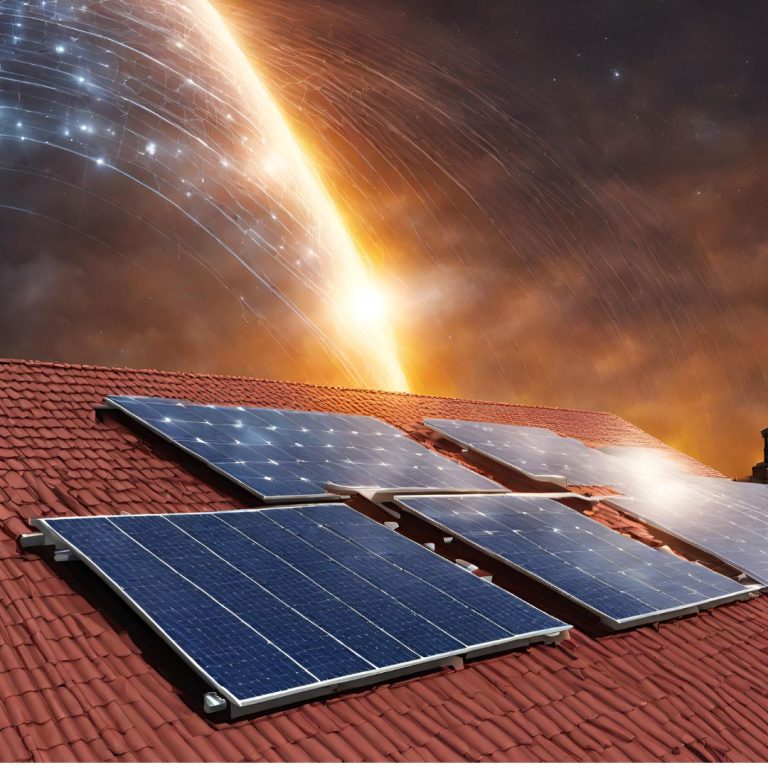
Shielding the Sun: Hardening Solar Systems Against Electromagnetic Pulse Attacks
Shielding the Sun: Hardening Solar Systems Against Electromagnetic Pulse Attacks As renewable energy adoption accelerates globally, solar power reigns as an indispensable eco-friendly alternative liberating households from the power grid. But as panels multiply atop rooftops, so too do vulnerabilities surrounding America’s decentralized clean energy movement if left unaddressed. Specifically, experts warn the weaponization of…
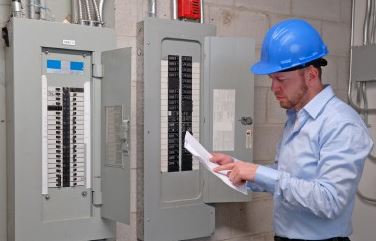
Can a Generator Damage Appliances?
Many people wonder if generators can damage ordinary household appliances such as refrigerators, HVAC systems, washing machines and ovens. While any kind of appliance can potentially be damaged by a backup generator, the risk of appliance damage can be greatly reduced or eliminated with the selection of the right sized generator for your home or…
Will Generators Work After An EMP?
An electromagnetic pulse (EMP) is a short burst of electromagnetic energy that can occur naturally from lightning and solar flares or from a man-made event such as the high altitude detonation of a nuclear bomb. A severe EMP generated by a nuclear bomb in the earth’s atmosphere would immediately damage the electrical grid and most…
Are Generators Safe To Use?
Given the increasing frequency of power outages, homeowners and business owners have turned to generators (both permanent standby and portable) to provide power in the event of a grid failure. Generators are safe if they are correctly installed, used properly and maintained at regular intervals. When discussing generator safety, remember that are two kinds of…
What Is An Inverter Generator?
While a conventional generator and an inverter generator are similar in that they both involve the production of electricity, there are differences between the two. Simply put, an inverter generator delivers a smooth, constant flow of AC power, whereas a conventional generator will throttle up and down to produce enough power to meet loan demand. …
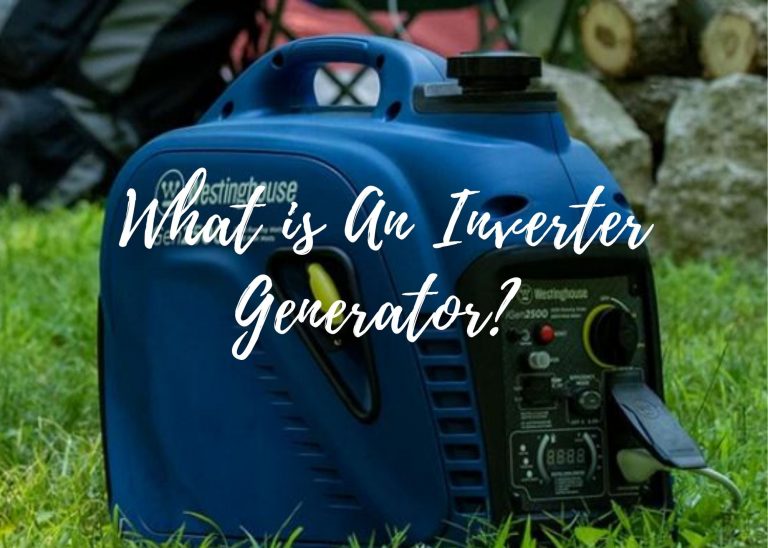
What is An Inverter Generator? What Are Its Advantages and Disadvantages?
What is an inverter generator exactly, and why would you want one? To operate a motor coupled to an alternator that produces power, all generators require combustible fuel, commonly gasoline or propane. Inverter generators convert AC power to DC power before digitally inverting it back to a cleaner true sine wave. Traditional conventional generators use…
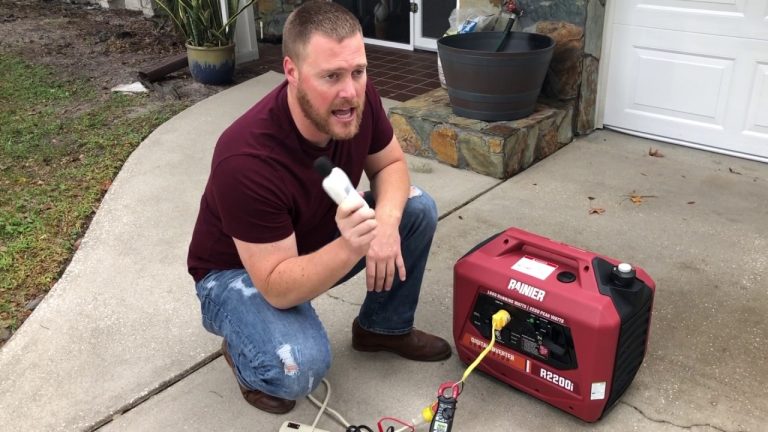
Rainier R2200i Inverter Generator Noise & Load Test At Various Distances 20″, 30′ and 50′
[Music] Generator power source calm here for a Noise and load test of the Rainier our 2200 hi today we’re gonna run the Generator and get noise and voltage as Well as amp readings at the unit 20 feet 30…

